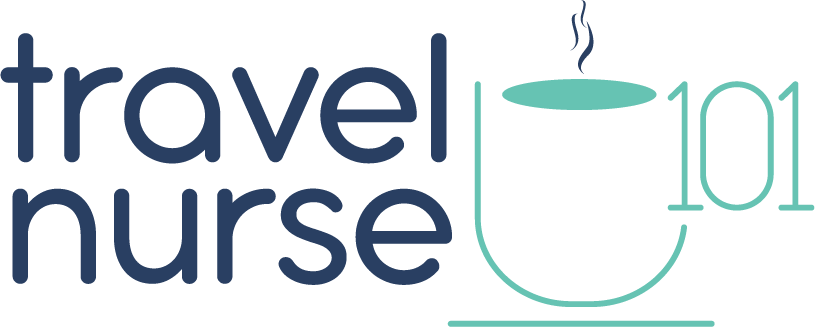If you’re a nurse who loves adventure or just wants to keep your options open, let me tell you: having a compact license is one of the best career moves you can make. I’ve been a travel nurse for years, and my compact license has opened doors—literally and figuratively—that I never imagined when I first started out. Here’s why it matters and how you can get yours.
What is a Compact License?
A compact license, officially called the Nurse Licensure Compact (NLC) license, allows registered nurses (RNs) and licensed practical/vocational nurses (LPN/LVNs) to practice in multiple participating states with a single license. Think of it as your all-access pass to nursing jobs across state lines. Instead of applying for a new license every time you want to work in a different state, the compact license lets you pack your bags and go where the work (and adventure) takes you.
The Freedom to Travel
As a travel nurse, flexibility is everything. Hospitals and clinics need help in all corners of the country, and sometimes the best assignments pop up with little notice. With a compact license, I can accept assignments in over 40 states without the headache of paperwork and waiting periods. It means I can say “yes” to opportunities in Texas, Florida, Colorado, or North Carolina without skipping a beat. It also means I’m more competitive as a candidate, since agencies and hospitals know I’m ready to go.
Less Red Tape, More Opportunity
Before I had my compact license, I spent weeks—sometimes months—waiting for new state licenses to process. Now, I can focus on what matters: patient care and personal growth. The compact license streamlines the process, reduces costs, and eliminates the stress of juggling multiple renewals and requirements. It’s a huge relief, especially when you’re already managing the logistics of moving, housing, and new work environments.
How to Obtain a Compact License
Getting your compact license isn’t complicated, but there are a few key steps you need to follow:
- Check Eligibility: First, make sure your primary state of residence is a member of the Nurse Licensure Compact. Your primary state of residence is where you declare your legal residency, where you pay taxes, vote, and hold your driver’s license.
- Hold an Active, Unencumbered License: You must have an active, unencumbered RN or LPN/LVN license in your primary state of residence. If your license is restricted or under disciplinary action, you’ll need to resolve these issues first.
- Apply Through Your State Board of Nursing: Apply for a multistate license through your state board of nursing. The process usually involves submitting an application, paying a fee, and completing a background check that includes fingerprinting. Some states may require additional documentation or verification.
- Meet Uniform Licensure Requirements: You’ll need to meet the NLC’s uniform licensure requirements, which include graduating from a board-approved education program, passing the NCLEX-RN or NCLEX-PN, and having no felony convictions or nursing-related misdemeanors.
- Stay Up to Date: Once you have your compact license, keep your primary state of residence up to date and renew your license as required by your home state. If you move to another compact state, you’ll need to apply for licensure by endorsement in your new state of residence.
Final Thoughts
Having a compact license has made my travel nursing career smoother, more flexible, and a lot more fun. If you’re thinking about taking your nursing skills on the road, I can’t recommend it enough. The process is straightforward, and the freedom it brings is absolutely worth it. For more information and the most current list of participating states, visit the official Nurse Licensure Compact website or schedule a complimentary mentor session with me today. Happy travels!


